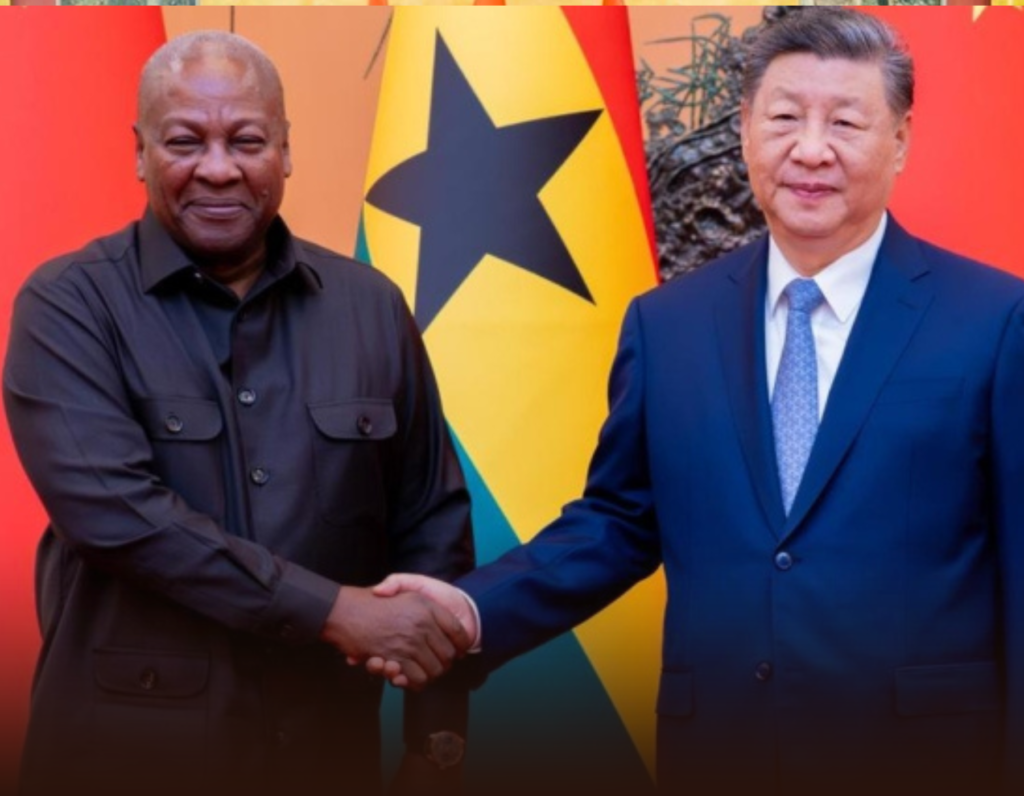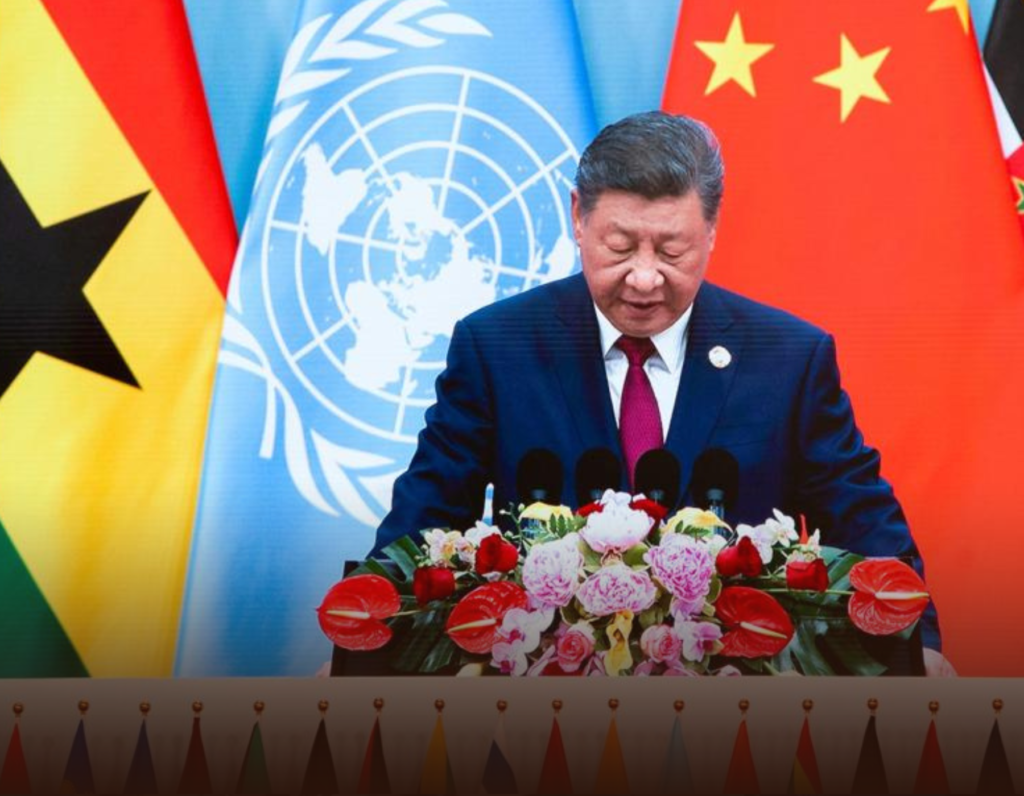During bilateral talks in Beijing, Chinese President Xi Jinping pledged strong backing for Ghana’s ambition to turn its natural resource wealth into sustainable development. He affirmed that Ghana will benefit from China’s zero-tariff policy, offering tariff-free access to Chinese markets for Ghanaian products, a move expected to significantly boost Ghana’s export competitiveness.
The commitment came on the sidelines of the Global Leaders’ Meeting on Women, coinciding with the 65th anniversary of diplomatic relations between Ghana and China. President Xi expressed his support for Ghana’s modernization path, pledging that China is ready to deepen cooperation across key sectors including mining, energy, infrastructure, agriculture, and fisheries.
President John Dramani Mahama welcomed the announcement as a bold affirmation of Ghana–China partnership. He described China’s zero-tariff offer as a “clear signal of confidence” in Ghanaian industry and exporters. The zero-tariff mechanism is expected to open markets for Ghanaian agro-processors, manufacturers, and small enterprises.
Mahama also confirmed that Ghana and China have agreed in principle to sign a zero-tariff trade agreement by the end of October 2025. Under the agreement, a full set of Ghanaian export goods would qualify for duty-free access to Chinese markets, thereby helping to narrow the trade imbalance and encourage value addition at home.

This policy shift comes amid robust trade relations: in 2024, bilateral trade between Ghana and China reached US $11.8 billion, making China Ghana’s largest trading partner. Between 2020 and 2024, China’s exports to Ghana rose by nearly 46%, while Ghana’s exports to China increased by more than 11%.
China–Ghana relations are deeply rooted and multifaceted, spanning infrastructure, education, and cultural exchange. Over decades, Chinese firms have constructed roads, power plants, stadiums, and industrial parks in Ghana, while thousands of Ghanaian students have benefited from Chinese scholarships and academic exchanges.
The zero-tariff policy is expected to catalyze new investment and help Ghana unlock the potential of its resource sectors. For exporters and local industries, it promises greater market access, increased competitiveness, and opportunities for scaling production. Mahama sees this as aligning closely with his administration’s vision of industrial transformation and inclusive growth.
However, implementation will be key. Ghanaian policymakers will have to ensure that infrastructure, customs procedures, quality control, and supply chain logistics are ready to support expanded trade flows. The success of this initiative will depend not just on tariff cuts, but on equipping local producers, upgrading standards, and sustaining competitiveness long term.
As Ghana moves toward the formal signing this month, both nations appear determined to convert rhetoric into results, transforming resource wealth into growth, and elevating their partnership to a new, more productive phase.




